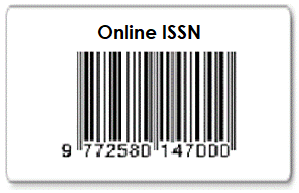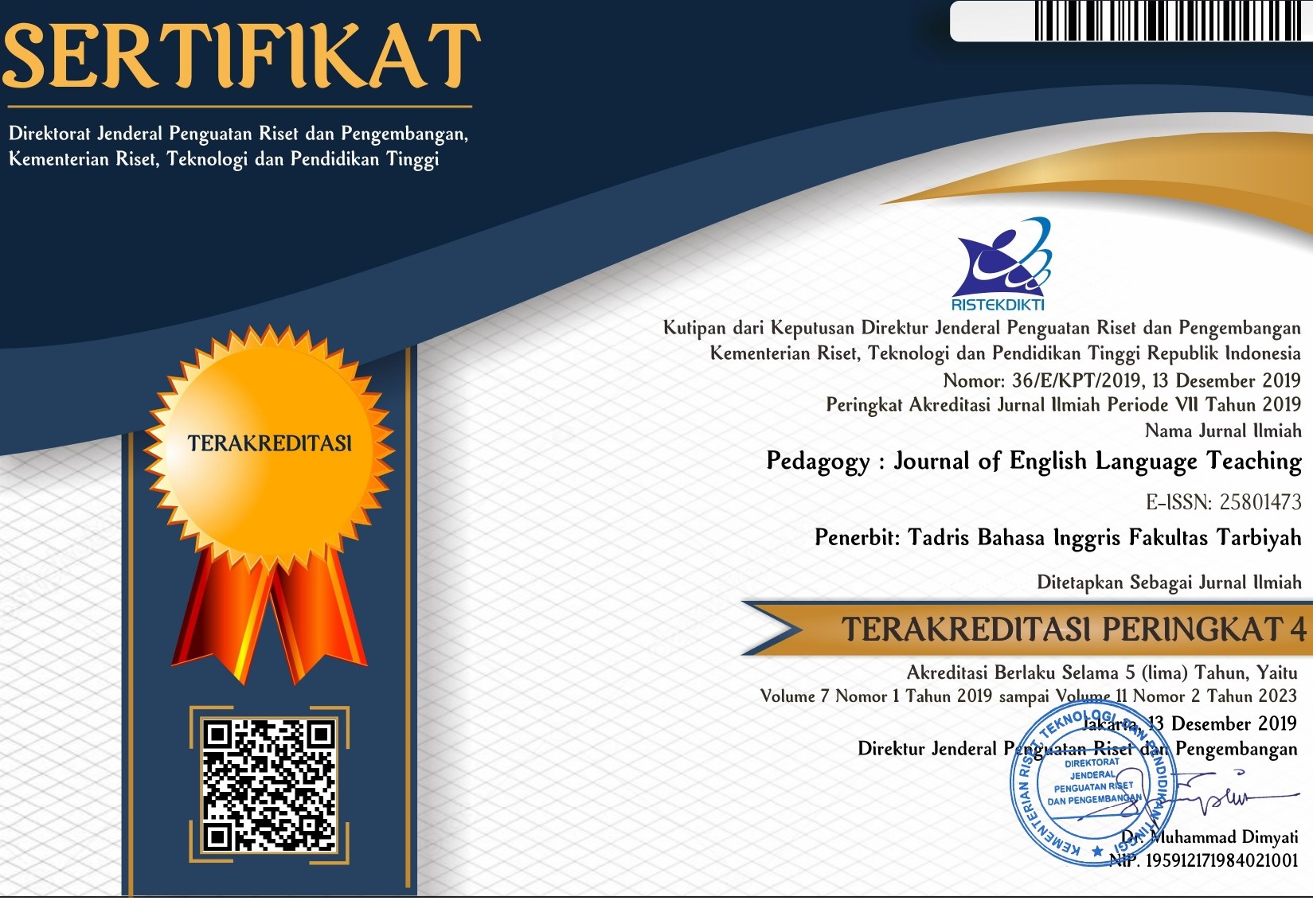The Correlation among Grit, EFL Learners’ Motivation and Applied Linguistics on Syntax for EFL Learners
DOI:
https://doi.org/10.32332/joelt.v10i1.4533Keywords:
applied linguistics, correlation, grit, motivation, syntaxAbstract
This study aimed at finding the correlation between grit and applied linguistics on the syntax for EFL learners, the correlation between EFL learners’ motivation and applied linguistics on the syntax for EFL learners, and the correlation between grit, EFL learners’ motivation, and applied linguistics on the syntax for EFL learners. Twenty-eight of the students of English education in the sixth semester were selected through simple random sampling. There were two instruments in this research: The questionnaire and the test. The data in this study were analyzed by using SPSS version 22 for Windows. The researcher gave detailed instructions on how to complete the surveys. The findings demonstrated that there is no correlation between grit, and applied linguistics in the syntax for EFL learners. The second hypothesis results indicated that there is no correlation between motivation and applied linguistics on the syntax for EFL learners. The results of the third hypothesis showed that the correlation between grit, EFL learners’ motivation, and applied linguistics on the syntax for EFL learners is not significant. Thus, it is understood that grit, EFL learners’ motivation, and applied linguistics have no full role in learning syntax for EFL learners.
















